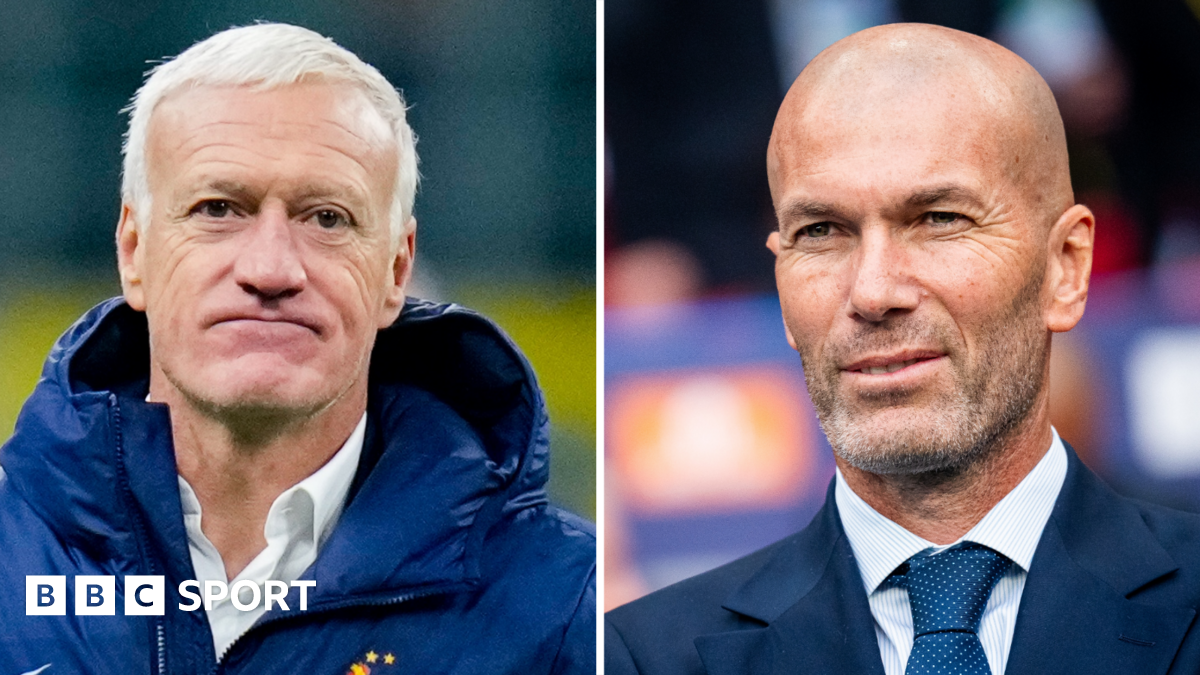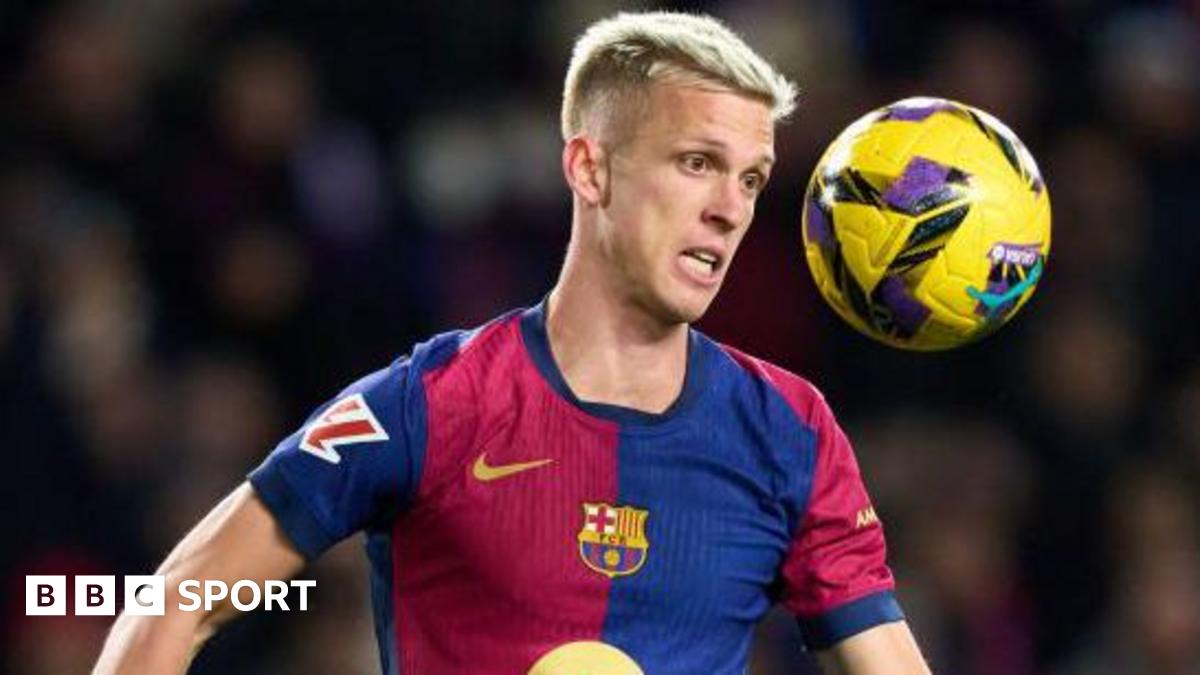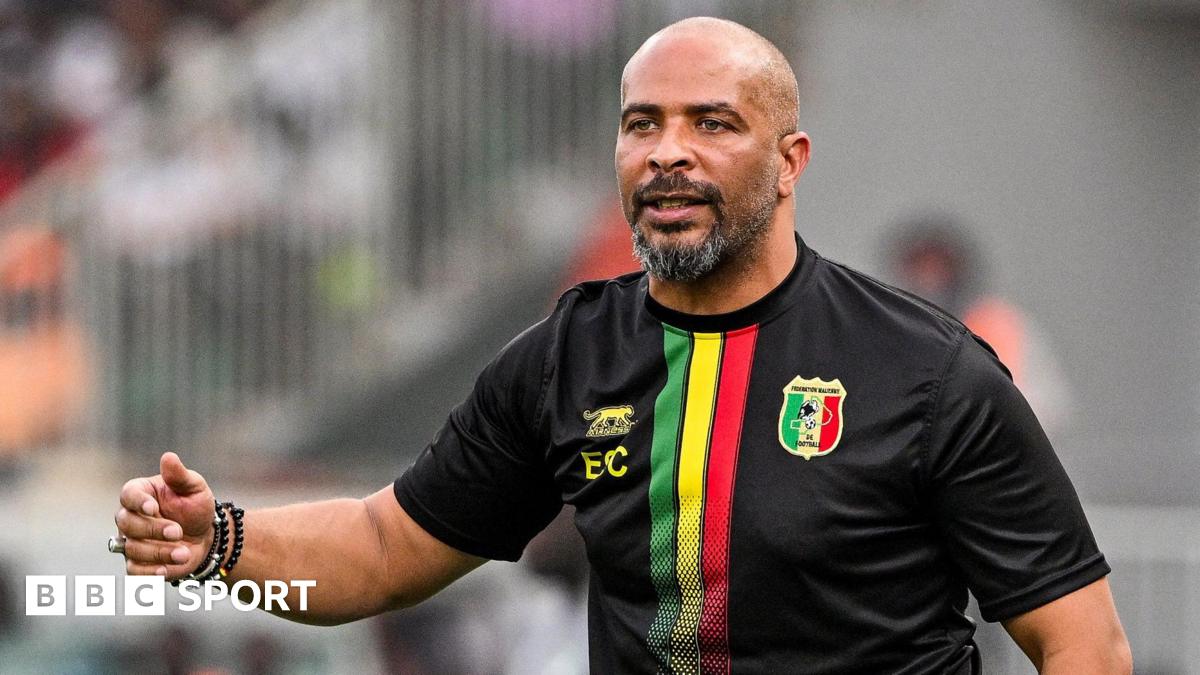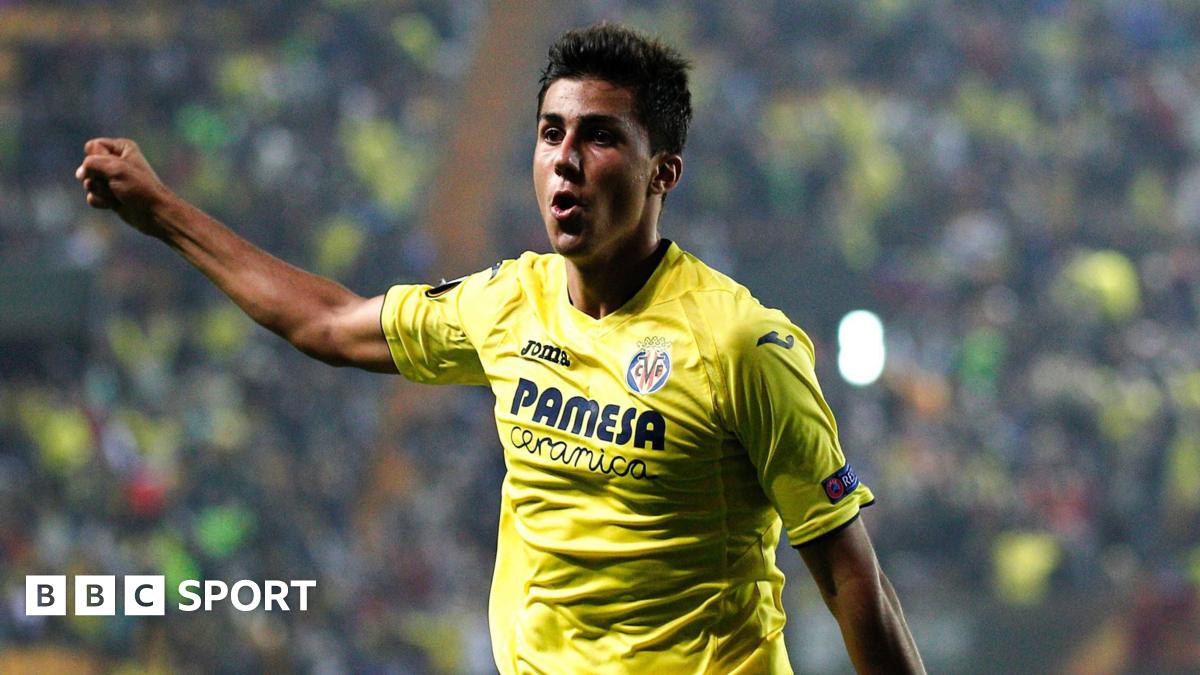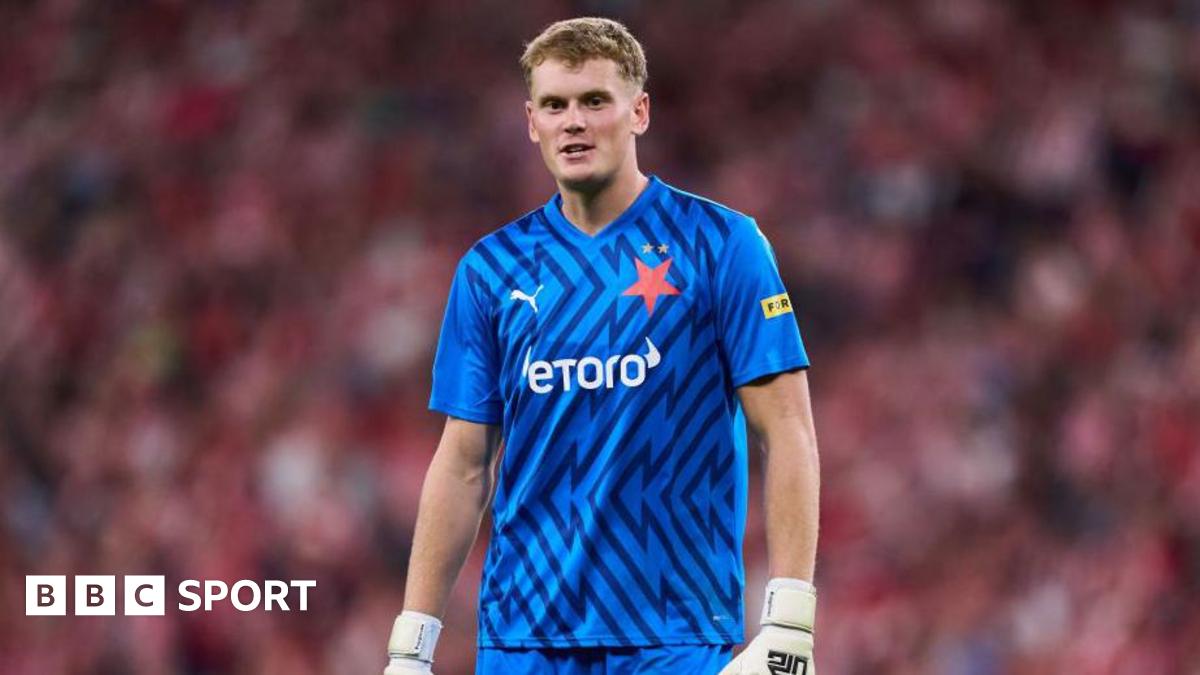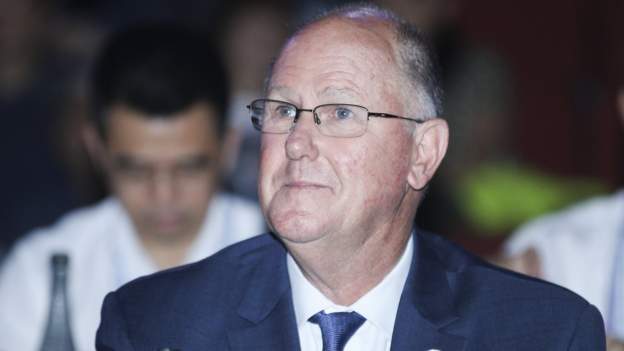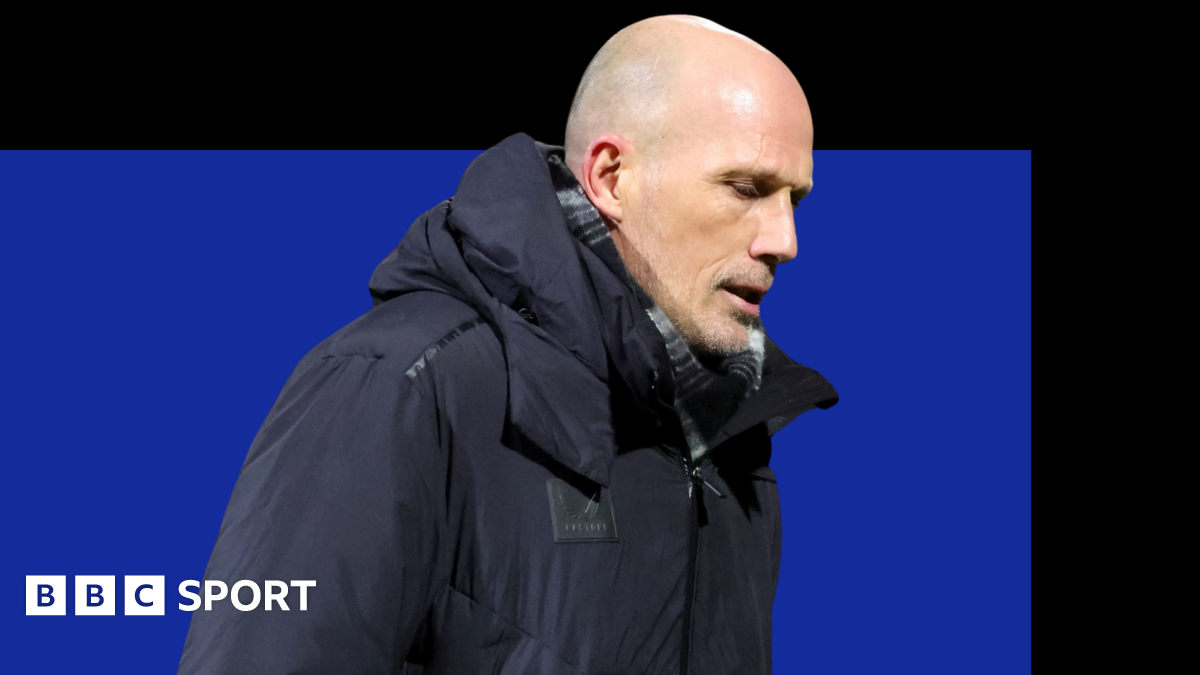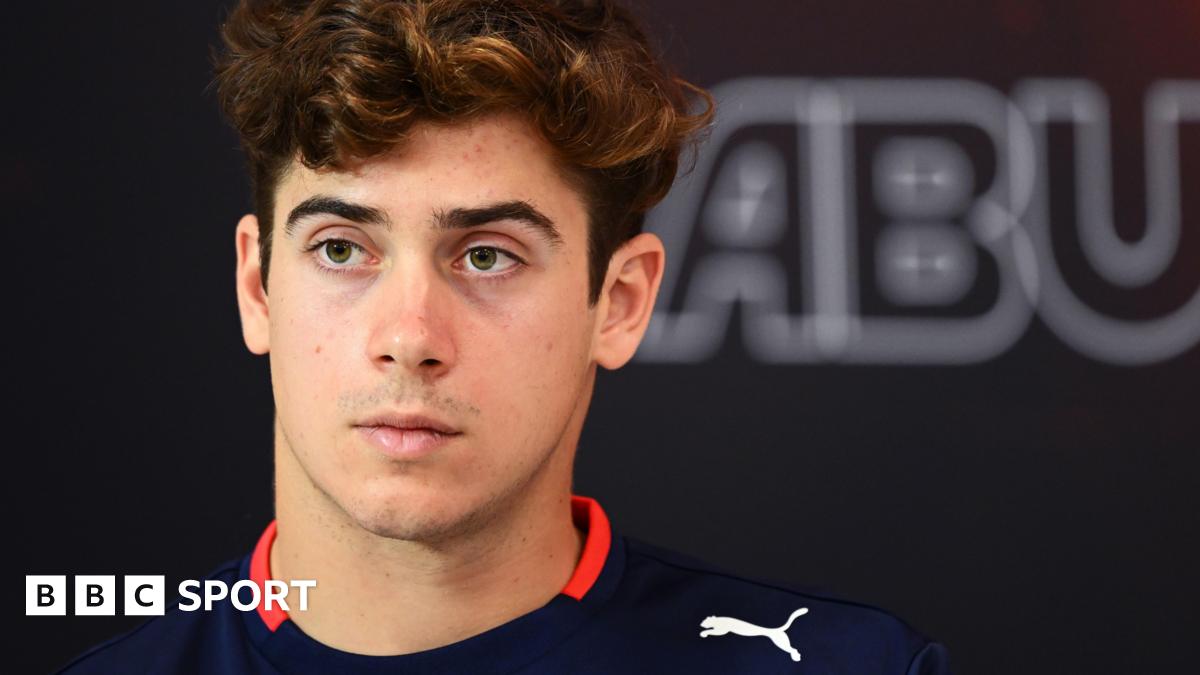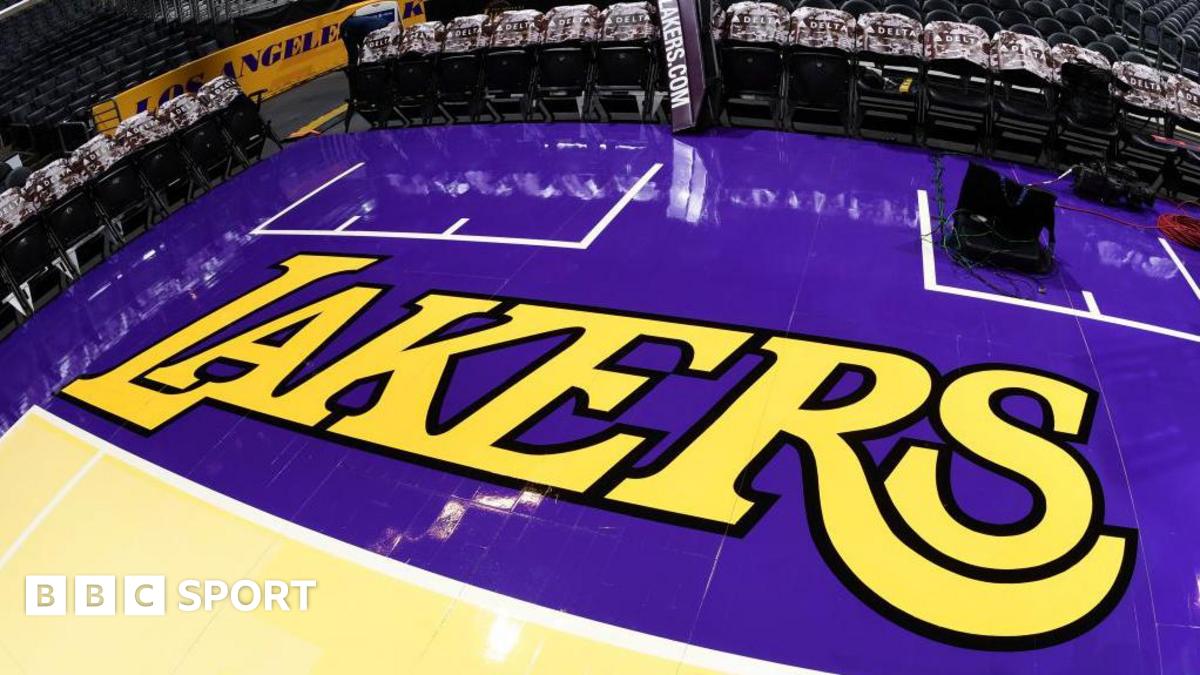Steve Simon will relinquish his role as chief executive of the WTA Tour but will become executive chairman once his successor has been appointed.
Simon has been both chief executive and chairman since 2015, but the roles will be split to create “greater focus” on the WTA’s goals.
His position has been under scrutiny since last month’s season-ending WTA Finals in Cancun, where world number two Aryna Sabalenka said she felt “disrespected” by the way the event was organised.
The 18-time Grand Slam singles champion Martina Navratilova also said it might be time for new leadership.
“It’s going to be hard for Steve to stay in the job somehow because everything is pointing the other way right now,” she told Amazon Prime.
But Simon will still play a major part in the WTA’s future. He will focus on governance, integrity and the WTA’s strategic interests – and the new chief executive will report to him.
“This past summer I shared with the WTA board that if the WTA is going to remain at the forefront of women’s sports, we need to go through a full review of our organisational structure,” Simon told BBC Sport.
“So they are not tied to anything that happened in Cancun or further perceptions that it hasn’t been the easiest of years.
“I do think it’s in the best interests of the organisation because it’s grown so much over these last eight years. The combined role – you’re going to start missing some things, there’s only so many hours in the day.”
Other top players have expressed grievances about the number of tournaments they are expected to play, scheduling and maternity cover.
And in March, world number one Iga Swiatek said the WTA should have offered better support to Ukrainian players from the start of the Russian invasion.
But Simon says he “certainly hopes” he retains the confidence of the players.
“If you look at how the business is growing and how everything is progressing, I would certainly hope so,” he said. “We’ll obviously find out as we continue to go forward.”
Micky Lawler, who has served as president of the WTA since 2015, will leave the organisation at the end of the year to “pursue new opportunities”.
The hunt for a new chief executive is being supported by global executive search firm Korn Ferry, with Simon keen to see a woman fill the role.
“I think our preference is that we do find a female candidate – I think it makes sense. I think it would be in the best long-term interests of the organisation, yes.”
The WTA, hindered by the Covid pandemic, has lost $31m (£24.7m) in the past two financial years, but has since received investment of $150m (£119.5m) from private equity firm CVC Capital Partners.
WTA Ventures has recently been established as the new commercial arm of the organisation, and Simon will also continue to chair its board.
In June, the WTA pledged to secure equal prize money by 2033 at virtually all events, but otherwise it has been a turbulent year for Simon.
Sabalenka said she did not “feel safe” at times on the court in Cancun, which had only been opened to the players the day before the WTA Finals began. The Mexican resort was only announced as the venue in early September.
And in April, the WTA accepted the Chinese government would not meet its request for an investigation into the sexual assault allegations made by former player Peng Shuai, and said tournaments could resume in the country.
When the WTA announced the suspension of all Chinese tournaments in December 2021, Simon had earned much respect from many quarters.
Novak Djokovic called it “very bold and very courageous”, and even though Simon’s hope of extracting concessions from the Chinese government always seemed improbable, he says he has no regrets.
“With Peng, we stood up for one of our athletes,” he said. “I wouldn’t change any of those discussions or decisions and I think we continue to make progressive decisions that only put the organisation going forward in a positive direction.”



